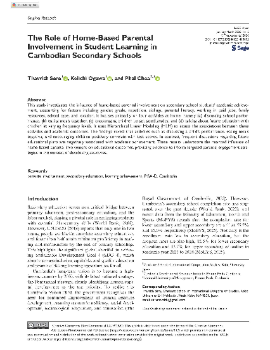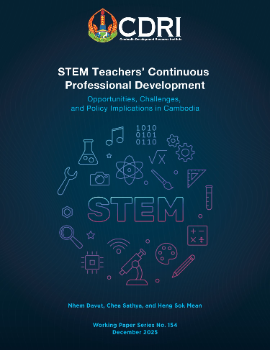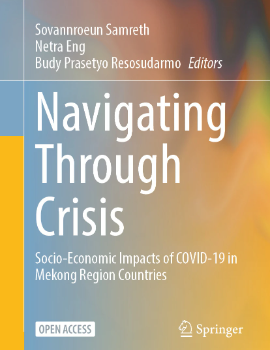
Faculty Engagement in Cambodian Higher Education Internationalisation
Keyword: Higher education internationalisation, faculty engagement, institutional and individual factors, capacity development, academic mobility
Abstract/Summary
This study investigates the engagement of faculty members in the internationalisation of Cambodian higher education institutions (HEIs). Drawing on qualitative data from interviews with 49 faculty members and university administrators across eight HEIs, the research explores faculty attitudes, participation in internationalisation activities, and influencing factors. Findings reveal that faculty members generally hold positive views toward internationalisation, recognising its potential to enhance institutional development and personal growth. However, their engagement is largely limited to outbound capacity development programmes, such as short-term training and postgraduate scholarships, with minimal involvement in curriculum internationalisation or international research collaboration. Key factors influencing participation include intrinsic motivation, employment status, competencies, gender, age, institutional leadership, policies, and resource availability. The study also highlights the impact of the COVID-19 pandemic, which disrupted mobility programems but introduced cost-effective virtual alternatives. Despite policy commitments, faculty engagement remains constrained by limited incentives, part-time employment structures, and weak research culture. The paper recommends increased government funding, institutional support, and strategic reforms to promote faculty involvement in internationalisation. Enhancing research capacity and transitioning from teaching-based to research-based institutions are essential for Cambodia to achieve its higher education internationalisation goals.
DOI: https://doi.org/10.64202/wp.135.202212



